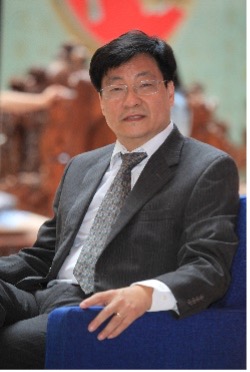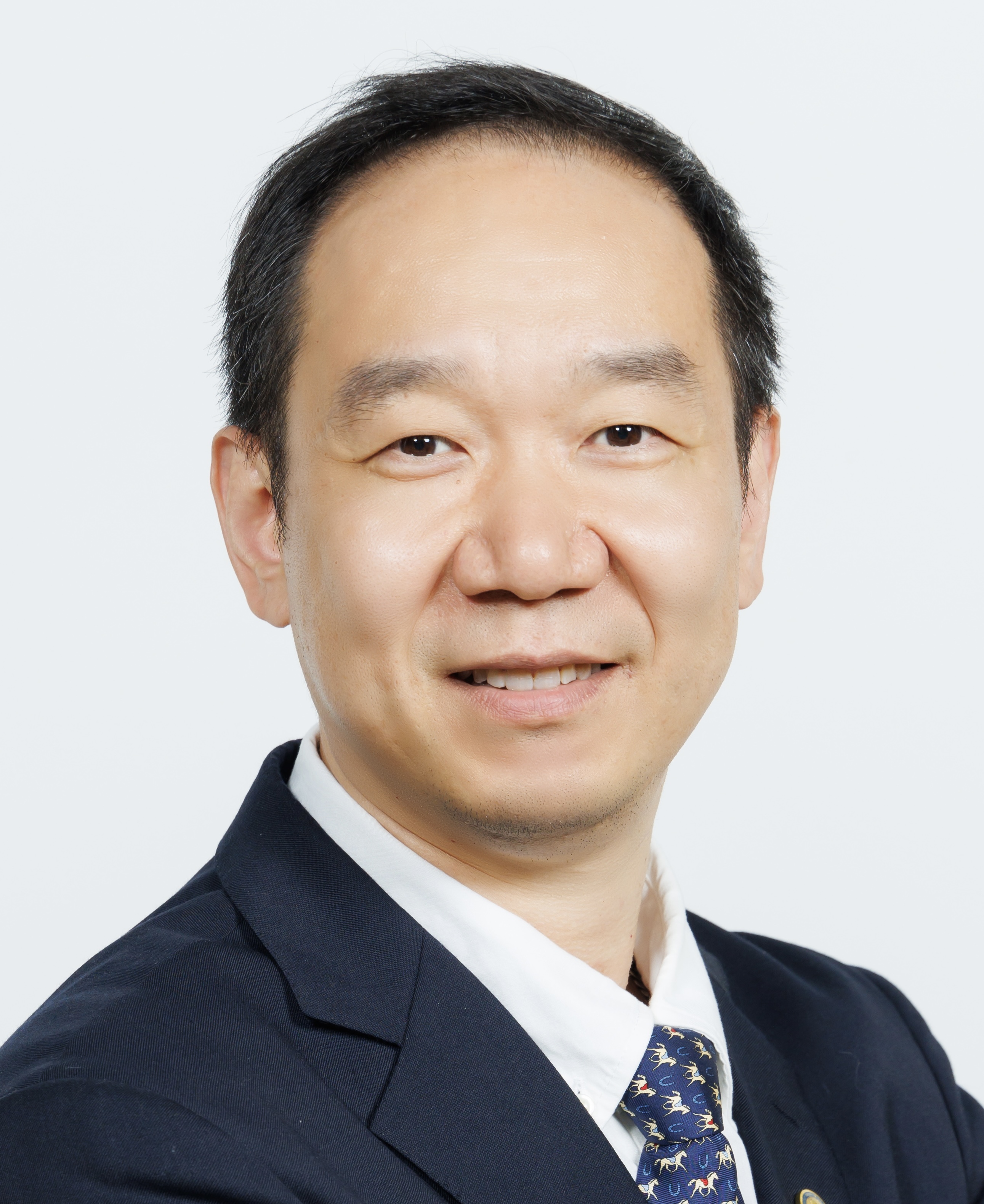
Keynote 1: From Synthetic Data to Intelligent Wireless Perception:
Learning to See the World Through Pervasive Radio Waves
Theofanis Raptis
Senior Researcher, National Research Council of Italy
Abstract
As wireless networks are evolving into distributed sensors capable of perceiving and interpreting the physical world, they are no longer just channels for communication. Yet, applying deep learning to such wireless perception tasks faces a fundamental bottleneck: The scarcity and cost of real-world training data. This keynote explores how, with the help of synthetic data, we can start overcoming that barrier. It begins with deep learning approaches for hard cases of non-line-of-sight (NLOS) localization using large-scale synthetic datasets, showing how artificial radio environments can substitute for exhaustive field measurements. It then examines the sim-to-real gap in radio frequency (RF) localization, presenting evidence of how model performance degrades when moving from simulated to real conditions, and how pretraining on carefully calibrated synthetic data can substantially reduce that gap. The talk concludes with a brief look at how similar principles extend to other problems beyond device localization; for instance, combining RF signals with spatial imagery to improve urban mapping, highlighting the broader potential of learning from synthetic radio data to enable truly intelligent and perceptive wireless systems.
Speaker CV
Theofanis Raptis is a Senior Researcher at the National Research Council of Italy. He received his Ph.D. in Computer Engineering and Informatics from the University of Patras, Greece. His work spans industrial, wirelessly powered, and sensor networks, with over 100 scientific publications in these areas. In 2024, he was named among Computing's Top 30 Early Career Professionals by the IEEE Computer Society. Dr. Raptis serves on the editorial boards of Ad Hoc Networks and IET Networks, and was recognized as an Outstanding Editor of IEEE Access in 2018. He contributes to the International Telecommunication Union (ITU) as a multiple StandICT Fellow and helps organize leading IEEE and ACM conferences. He leads and contributes to several national and European research projects, fostering collaborations between academia and industry worldwide. His current research explores how intelligent and sustainable wireless systems can bridge the gap between digital and physical worlds.

Keynote 2: Emotional Autonomous Driving: Opportunities and Challenges
Chengzhong Xu
Dean, Faculty of Science and Technology, University of Macau
Abstract
Autonomous driving is breaking the dawn of a new era, mainly due to breakthroughs of AI technologies. This talk will first give an overview of autonomous driving, including the latest end-to-end approach, and my own experience with Robotaxi. It will then present a MoEAD project for Macau Emotional Autonomous Driving, which is under development at University of Macau. It aims to develop key enabling technologies to deal with corner cases as well as hybrid traffic of human-driving and self-driving scenarios. With more and more fully autonomous driving vehicles moving on the road, they need to understand and respond to the emotions of human beings, in additional to conventional self-driving capabilities. This talk will discuss about the challenges issues in emotional autonomous driving, as well.
Speaker CV
Dr. Chengzhong Xu is a Chair Professor of Computer Science and the Dean of Faculty of Science and Technology, University of Macau, Macao SAR, China. He is also a Chief Scientist of key projects on “Internet of Things for Smart City” of Ministry of Science and Technology of China and on “Intelligent Driving” of Macau SAR Government. He was a Chief Scientist of Shenzhen Institutes of Advanced Technology (SIAT) of Chinese Academy of Sciences and the Director of Institute of Advanced Computing and Digital Engineering. Dr. Xu's recent research focuses on parallel and distributed systems, cloud and edge systems for AI, and autonomous driving. He has published over 600 papers, which have garnered more than 24K citations and have been cited in over 300 international patents (including 230 USA patents). His research has been recognized with Best Paper Awards or Nominations at top-tier conferences, including ACM SoCC’2021, IEEE HPCA’2013, IEEE HPDC’2013, IEEE Cluster’2015 and ICPP’2005, and a Test-of-Time Paper Award from Frontiers of Computer Science (2024). From 2015 to 2020, Dr. Xu chaired IEEE Technical Committee of Distributed Processing. He received his BSc (1986) and MSc (1989) in Computer Science from Nanjing University and his PhD (1993) from the University of Hong Kong. He is an IEEE Fellow in computer society.

Keynote 3: New Frontiers of Edge Physical Intelligence:
Extreme Quantization, Limitless Memory, and Rapid Evolution
Song Guo
Chair Professor, Department of Computer Science and Engineering, Hong Kong University of Science and Technology.
Abstract
Physical intelligence—intelligence embodied in edge systems such as robots and autonomous vehicles—requires AI models that can not only understand and describe the world, but also act within it. Achieving this demands models that are both computationally practical and behaviorally grounded. We explore a unified approach that integrates extreme quantization to dramatically reduce computational and deployment cost, limitless memory mechanisms to support ultra-long contextual reasoning for sustained decision-making, and world-model-driven rapid evolution that enables agents to learn and evolve efficiently through interaction across simulated and real environments. These capabilities form a reinforcing cycle: efficient models make continuous learning feasible on-device; long-context memory preserves task and environmental history; and fast evolution accelerates the acquisition of physical skills. Together, they move AI from being merely expressive toward becoming embodied, adaptive, and capable of competent action in the physical world.
Speaker CV
Song Guo is a Chair Professor in the Department of Computer Science and Engineering at the Hong Kong University of Science and Technology. Prof. Guo made fundamental and pioneering contributions to the development of edge AI and machine learning systems. He has published many papers in top venues with wide impact in these areas and has been consistently recognized as a Clarivate Highly Cited Researcher. He is the recipient of IEEE 2024 Edward J. McCluskey Technical Achievement Award, and over a dozen Best Paper Awards from IEEE/ACM. Prof. Guo is the Editor-in-Chief of IEEE Transactions on Cloud Computing. He has served on IEEE Fellow Evaluation Committee for both Compuer and Communications Societies. He has also served as organizing and technical committee chair for many IEEE/ACM conferences and workshops. Prof. Guo is a Fellow of the Canadian Academy of Engineering, a Member of Academia Europaea, and a Fellow of the IEEE.